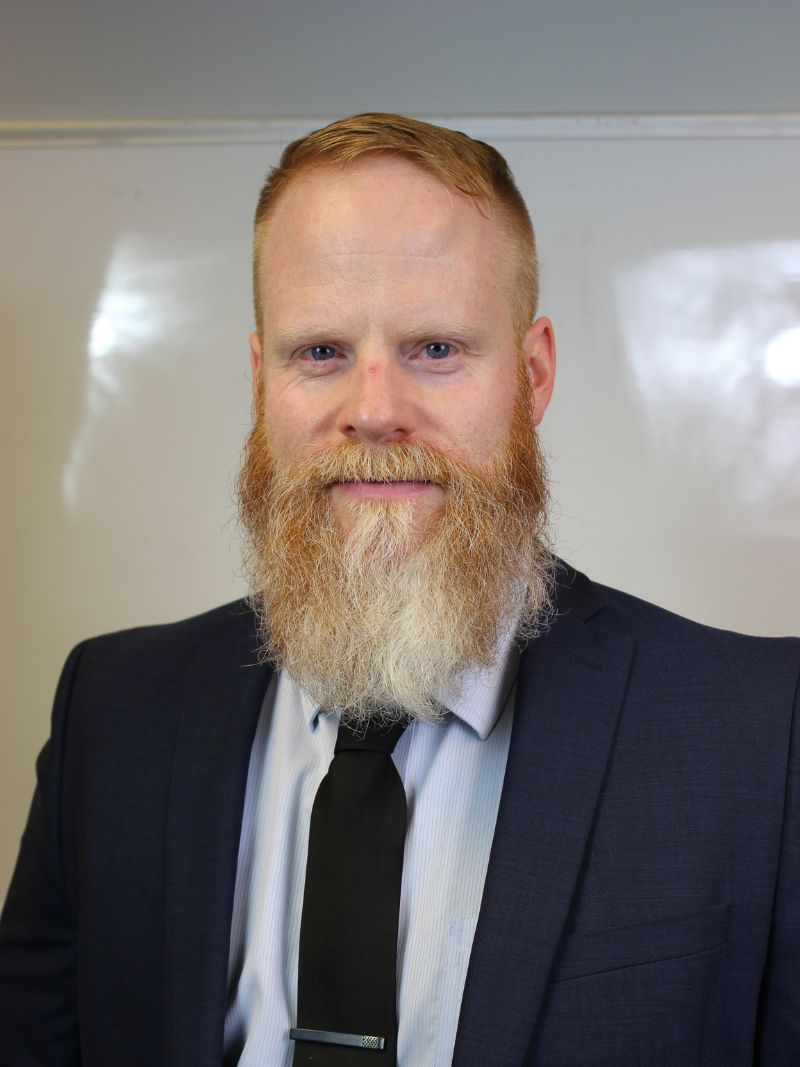NOVA has teamed up with George Washington University (GW) on an innovative project called LAiSER — Leveraging AI for Skills Extraction & Research. Launched by GW in 2023 and joined by NOVA in 2024, this pilot program is using AI to standardize and align skills taught in NOVA’s humanities programs with the needs of today’s job market.
LAiSER aims to identify gaps between classroom learning and workforce needs. By identifying these gaps, NOVA can consider adjusting courses to better equip students with practical, in-demand skills needed to succeed in the workforce.

Sam Shi, associate vice president of strategic insights and LAiSER program head at NOVA, emphasizes the importance of humanities and the importance of employment outcomes as a key measure of a college’s success. “This project is exciting and holds great promise,” Shi said. “We’re working toward a tangible solution that connects student learning to local job market needs.”
Two NOVA students, Tiffany Orellana and Benjamin Shaffer, were recruited for the pilot project and play critical roles. Orellana is a business and IT major, while Shaffer is a career-switcher in his late 40s who is studying coding. The duo is leveraging their Python expertise to collect, analyze and test data from NOVA’s humanities programs.
Shi explained that the LAiSER project’s work focuses on defining humanities, identifying included subjects and cataloging relevant skills, as well as conducting intense data collection and analysis to train the AI model. Orellana and Shaffer will also test the pilot program to ensure its reliability.

Shaffer is a former humanities major who earned a graduate degree in professional writing but then did a major career switch. He highlights LAiSER’s potential: “By using AI to align humanities disciplines with workplace requirements, we can improve students’ chances of finding fulfilling jobs, which benefits everyone,” he said.
Orellana, too, is excited to participate in the cutting-edge pilot: “I’m part of something that’s going to change how NOVA works and how we can become better for having students access jobs through skills-based demand,” she said.
Shi said strong early interest in LAiSER could drive the program’s future expansion, ultimately attracting new partners and institutions. He calls LAiSER a vital project that uses AI to align education with workforce needs, thereby boosting student success and the local economy.